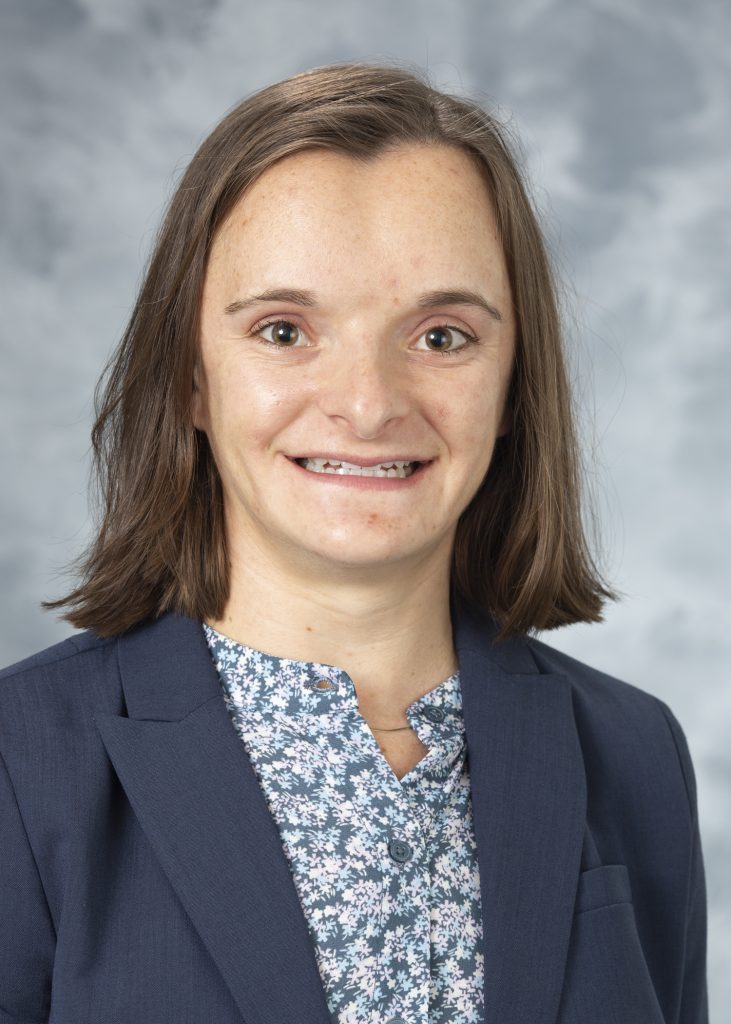
Kate has a B.S. in biochemistry and genetics from the University of Minnesota-Twin Cities and a M.D from the University of Wisconsin School of Medicine and Public Health. In her free time, she enjoys spending time outdoors and attending sporting events.
Obesity is a public health crisis that affects over 40% of adults in the United States. While behavioral therapy, weight loss medications, and bariatric surgery are effective treatment options, they cannot curtail the rising incidence of obesity. As a result, preventative approaches are essential but remain limited by an inability to predict who is at high risk of clinically significant weight gain. Machine learning is well-suited for this type of complex analysis. Our group has developed several machine learning weight gain prediction models using patient demographics, vital signs, laboratory data, obesity-related comorbidities, and survey data. These models are limited by modest area under the curves. In order to better account for the hereditary components of body mass index, we are currently developing a multi-ancestry polygenic risk score which will be integrated into our machine learning weight gain prediction models.

